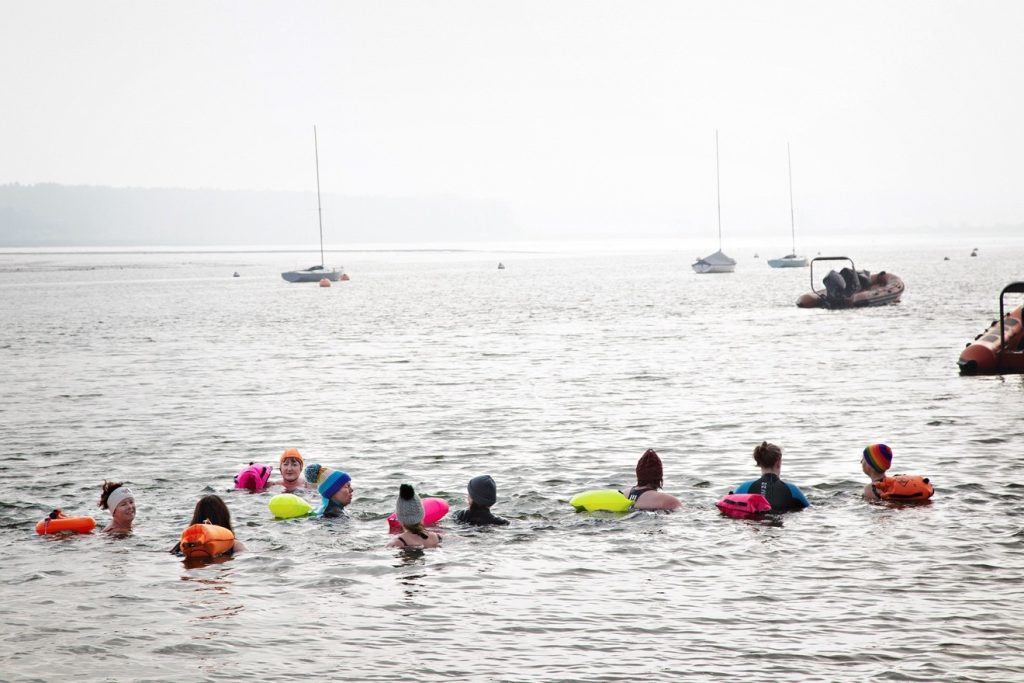By Colin Nicholson
Introduction
Water Quality is a fast moving, high interest area for the River Deben Association. Since the last RDA Journal Article (‘Water Quality Update’ January 2025), Waldringfield Bathing Water Designation Area has achieved (announced 25th October 2025) a second year of clear run 20/20 [Excellent] measurements across the May-September Environment Agency (EA) bathing season.
Two significant projects are now in their start-up phases, each with a major focus on water quality:
The Deben Climate Centre’s Four River’s initiative (link) across the Deben, Blyth, Alde and Ore and Waveney “A new three-year co-funding agreement between East Suffolk Council and Deben Climate Centre… The aim will be to restore degraded ecosystems, support nature recovery and test a range of different flood alleviation measures.”
The Essex and Suffolk Rivers Trust has initiated the ‘Recovering the Deben: Source to Sea’ (link) “an ambitious project that aims to restore the land, water, and nature throughout the River Deben catchment and estuary”
This latest journal article focusses on trying to resolve the debate on just how many outfalls there are between Martlesham Creek to Wilford Bridge. The answer is Fourteen (caveated as usual as there is more to learn, and there is an extra one inland at the Deben Yacht Club (DYC) dinghy park). Below for those interested is a little bit more detail of how they work.
Continue reading

